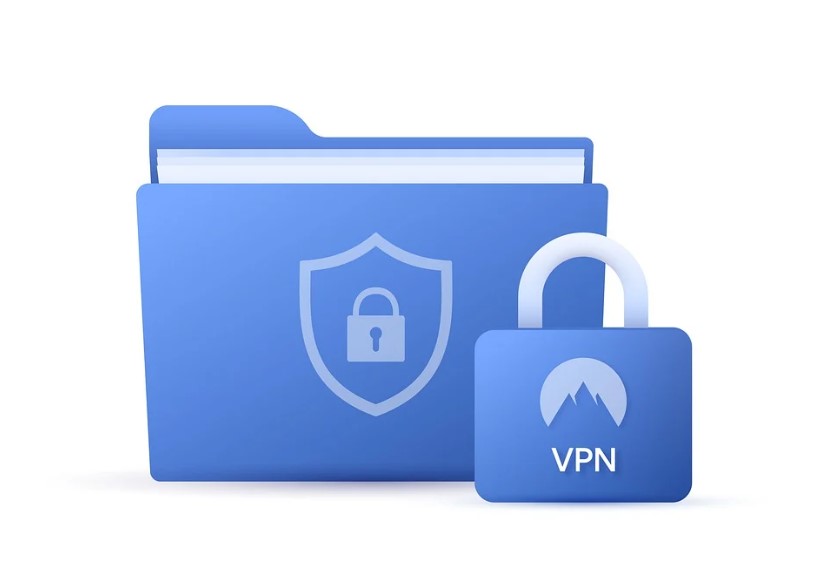In today’s digital age, protecting your online privacy has never been more critical. A Virtual Private Network (VPN) is one of the most effective tools to safeguard your data, shield your browsing habits, and maintain anonymity online. However, with countless VPN providers available, choosing the right one can feel overwhelming. This guide will help you make an informed decision by highlighting key factors to consider.
1. Understand Your Privacy Needs
Before diving into VPN options, identify your primary goals. Do you want to secure public Wi-Fi connections, access geo-restricted content, or simply remain anonymous online? Knowing your objectives will help you prioritize features.
2. Check the Logging Policy
A no-logs policy ensures that the VPN provider does not track or store your online activities. Avoid VPNs with vague or unclear logging policies, as they may compromise your privacy.
3. Evaluate Security Features
A good VPN should use robust encryption protocols like OpenVPN or WireGuard. Look for features such as a kill switch (to block internet traffic if the VPN disconnects) and DNS leak protection to ensure your data remains secure.
4. Consider Speed and Performance
While all VPNs slightly reduce internet speed, premium providers optimize their servers to minimize this impact. Check user reviews and test speeds during peak and off-peak hours to gauge performance.
5. Verify Global Server Coverage
For accessing geo-restricted content, a VPN with servers across multiple countries is essential. Ensure the provider has servers in locations relevant to your needs.
6. Assess Compatibility
Ensure the VPN is compatible with all your devices and operating systems. Many providers offer apps for Windows, macOS, iOS, Android, and even routers.
7. Look at Pricing and Free Trials
While free VPNs can be tempting, they often come with limitations, such as data caps or intrusive ads. Opt for a reputable paid VPN that offers a money-back guarantee or a free trial.
8. Read Independent Reviews
Trustworthy reviews from cybersecurity experts and users can provide insights into the VPN’s reliability, customer support, and real-world performance.
9. Customer Support
Choose a VPN provider with responsive 24/7 customer support. This ensures you’ll get prompt assistance if you encounter issues.
10. Avoid Red Flags
Beware of VPNs with overly flashy marketing claims or those based in countries with invasive surveillance laws. Research the provider’s history and reputation.
Conclusion
Selecting the right VPN requires careful consideration of your privacy needs, the provider’s policies, and the features they offer. By evaluating these factors, you can choose a VPN that aligns with your goals and provides the security and privacy you need in today’s connected world. Remember, your online safety is only as strong as the tools you use to protect it.
Short Description:
In an era of increasing cyber threats, choosing the right Virtual Private Network (VPN) is essential for protecting your online privacy. This detailed guide outlines the key factors to consider, such as understanding your privacy needs, evaluating security features, ensuring no-logs policies, and checking for compatibility with your devices. It also emphasizes the importance of server coverage, speed, and performance while warning against red flags like vague policies and free VPNs with intrusive ads. By following these steps, you can select a reliable VPN provider to safeguard your data, maintain anonymity, and unlock the internet securely. Protect your online presence with confidence!
Join Today & Receive Updates via SMS/Email
Sign up for our new article alerts to receive the most recent online tips & stay up-to-date
(RECURRING MESSAGES & DATA RATES MAY APPLY)





